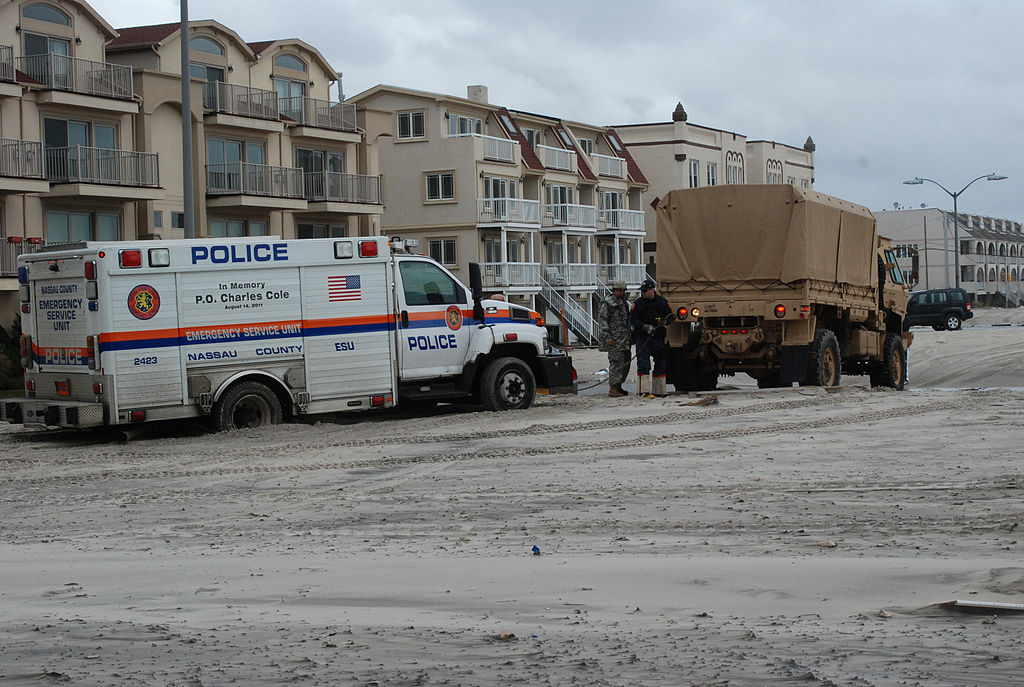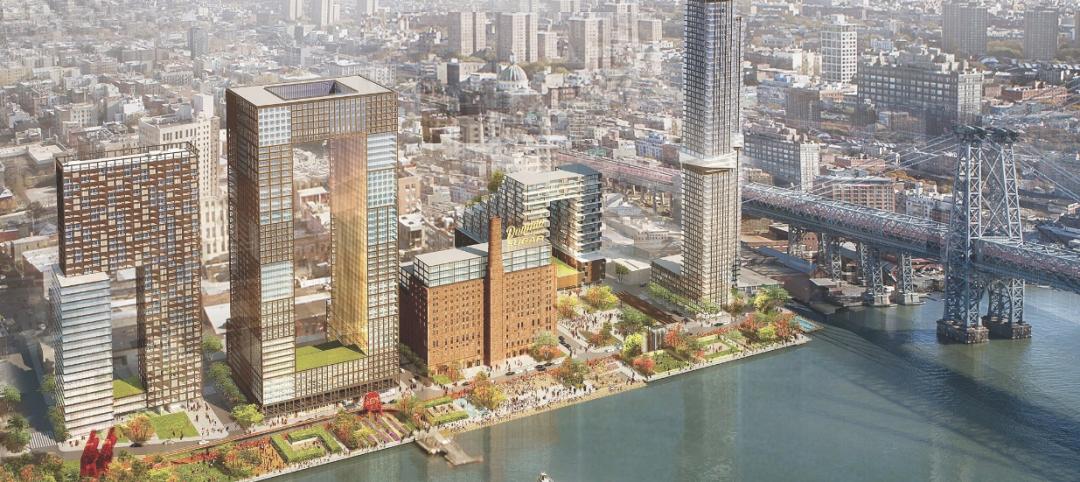Massive storm surge barriers would be too costly for the potential benefit to protect New York City from violent storms like Hurricane Sandy, researchers say.
U.S. and Netherlands-based researchers ran 549 simulations of storm surges of varying intensity for a cost-benefit analysis of different approaches for New York to defend itself against flooding including the construction of massive surge barriers in lower New York Bay and Long Island Sound.
While the barriers would have a positive impact, the more cost-effective option is to allow floodwaters to surge into the city while protecting critical infrastructure near sea level, such as airports, the researchers concluded. The study was published in the May 2 issue of Science.
The most cost-effective scenario had no surge barriers are at the outer limits of the city.
Rather, building codes would be made tougher for low-lying parts of New York and New Jersey, and there would be a focus on protection of critical infrastructure and “moderate enhancement protection” along parts of the Manhattan and Brooklyn waterfronts.
This plan would cost $10 to $12 billion and, the report suggests, could be paid for through a tourist “resilience fee.”
Related Stories
Smart Buildings | Apr 28, 2014
Cities Alive: Arup report examines latest trends in urban green spaces
From vertical farming to glowing trees (yes, glowing trees), Arup engineers imagine the future of green infrastructure in cities across the world.
Smart Buildings | Jan 7, 2014
9 mega redevelopments poised to transform the urban landscape
Slowed by the recession—and often by protracted negotiations—some big redevelopment plans are now moving ahead. Here’s a sampling of nine major mixed-use projects throughout the country.
Smart Buildings | Sep 13, 2013
Chicago latest U.S. city to mandate building energy benchmarking
The Windy City is the latest U.S. city to enact legislation that mandates building energy benchmarking and disclosure for owners of large commercial and residential buildings.
Smart Buildings | Feb 14, 2013
Minneapolis joins energy benchmarking trend for commercial buildings
Minneapolis is the latest major metro to require large commercial buildings to benchmark and disclose their energy and water use.










